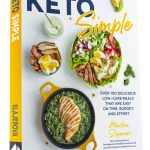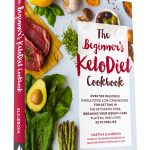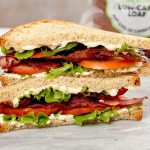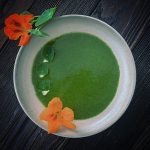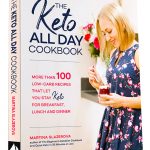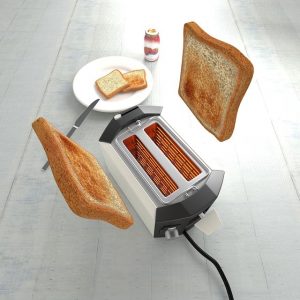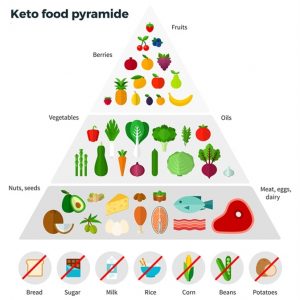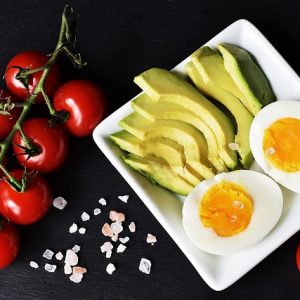Are you considering a ketogenic lifestyle, but don’t know where to start? Knowing exactly what to add to your grocery list can be overwhelming, but have no fear! If you want to give the ketogenic diet a try, this comprehensive grocery list has all the shopping essentials you need to get started.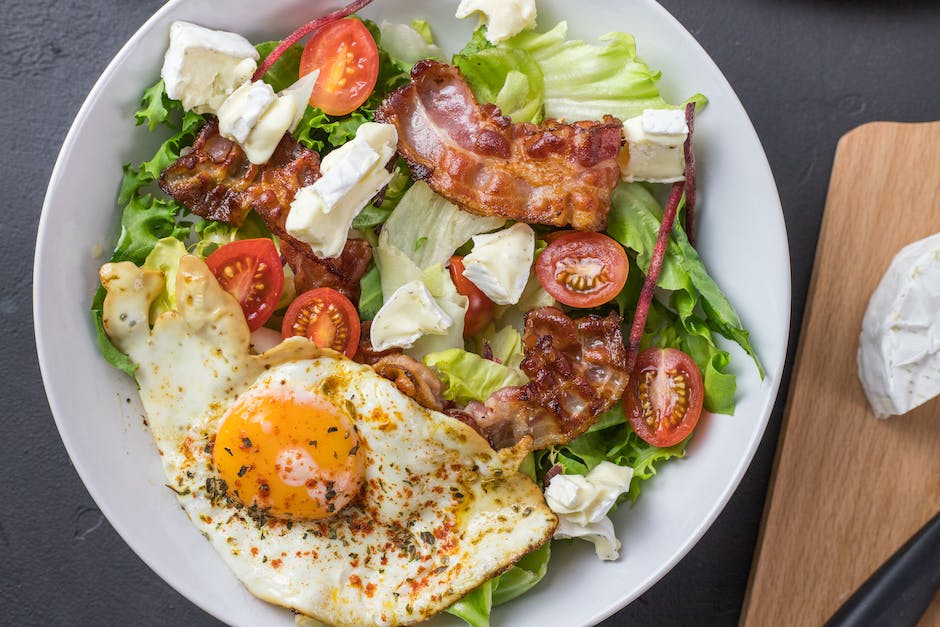
Table of Contents
- 1.The Ultimate Grocery List for Keto Dieters
- 2.Everything You Need to Embrace the Keto Lifestyle
- 3.Making Sure Your Diet is Complete With This All-Inclusive List
- 4.A Comprehensive Checklist for All Your Keto Items
- 5.Seamlessly Transition to a Keto Diet With This Helpful Shopping List
- Q&A
1.The Ultimate Grocery List for Keto Dieters
Getting started on the ketogenic diet can be daunting. Experienced keto dieters know the drill: keep your carbohydrate and protein intake low, stock up on high-fat foods, and fill your pantry with keto-friendly ingredients. To simplify your grocery list, here are some of the best items you should add.
- Healthy Fats: Olive oil, coconut oil, avocado oil, flax seed oil, and MCT oil are excellent sources of healthy fat.
- Low-Carb Vegetables: Cruciferous vegetables, leafy greens, and mushrooms are all great choices as low carb foods for bulk and variety.
- Nuts and Seeds: Depending on your macros nuts like walnuts, macadamias, and almonds can be on the menu. Seeds like hemp and chia are also great for snacking.
- Avocado: Not only rich in monounsaturated fats, avocados are also packed with vitamins and minerals for optimal health.
- Cheese: Cheese is very low-carb, so it’s great all-purpose keto-friendly ingredient. Be sure to choose the full-fat versions of cheeses you select.
- Meat and Eggs: Eating meat and eggs as your main source of lean protein is a great keto diet option. Chicken, beef, pork, lamb, and fish all work well here.
- Low-Carb Fruits: Fruits like blueberries, raspberries, and strawberries are all perfect while on a keto diet, as they are low enough in carbohydrates to fit into the diet plan.
Whole-foods-based keto meals are generally quite simple and require few ingredients. Many of these items can easily be found at any grocery store, making it easier to stick to the keto diet. Just remember to consult nutrition labels and look for foods that are high in fat, and low in carbs and sugar.
2.Everything You Need to Embrace the Keto Lifestyle
Ready to dive into the world of low-carb living? Here is everything you need to know to get started with the Keto lifestyle:
- – A well-rounded Keto diet includes healthy fats from sources such as nuts, avocados and sardines, as well as plenty of lean proteins, and minimal carbs from vegetables, berries and other plant-based sources.
– Make sure to drink plenty of water and limit the intake of processed foods, sugary drinks and alcohol.
Moreover, don’t forget to listen to your body when it comes to supplementation. Supplements such as vitamin D, omega-3 and magnesium can be useful additions, however, they should never replace proper nutrition. Taking time to plan meals in advance and properly track your macros is vital to be successful in your Keto journey.
3.Making Sure Your Diet is Complete With This All-Inclusive List
When you’re looking to improve your diet, having a clear list of items to check off can be extremely helpful. Here’s a complete list of essential nutrition components to make sure you’re getting all the nutrients your body needs:
- Carbohydrates – Carbs provide your body with energy and dietary fiber. Whole grains like brown rice, oats, and quinoa are a great source of fiber and complex carbohydrates.
- Proteins – Proteins are important for maintaining muscle mass, and can be found in fish, poultry, and tofu. Nuts, beans, and legumes are also great sources of vegetarian proteins.
- Healthy Fats – Omega fatty acids, polyunsaturated, and monounsaturated fats are important for skin health, healthy cholesterol levels, and overall mental health. Healthy fat sources include avocados, fatty fish, nuts, and olive oil.
- Vitamins and Minerals – Vitamins and minerals are essential for hormone balance, good digestion, and energy levels. Foods like dark leafy greens, carrots, bell peppers, and oranges are high in key vitamins and minerals.
In addition to the above list, make sure you’re drinking enough water and limiting your intake of processed foods and refined sugars. Remember that balance is key, so try to include a variety of different foods in your diet. You’ll be sure to feel the difference!
4.A Comprehensive Checklist for All Your Keto Items
Shopping for all you need to get started on your ketogenic diet? Check out this comprehensive checklist to ensure you have all of the keto items you need!
Stocking up on all the correct items is essential to get started on your ketogenic diet. Here’s a comprehensive list of the keto items you should have in your fridge, freezer, pantry, and kitchen:
- Low Carb Veggies: Asparagus, bell peppers, broccoli, cauliflower, cucumber, mushrooms, spinach, and tomatoes.
- Fats & Oils: Avocado oil, coconut oil, olive oil, and MCT oil.
- Nuts & Seeds: Almonds, chia seeds, flaxseeds, macadamia nuts, pecans, and walnuts.
- Dairy: Heavy cream, unsweetened Greek yogurt, and cheddar cheese.
- Meats & Seafood: Bacon, salmon, steak, and tuna.
- Condiments: Cream cheese, unsweetened mustard, mayonnaise, and hot sauce.
- Beverages: Almond milk, coconut milk, and sparkling water.
To make your transition into a ketogenic diet easier, you should have all the necessary kitchen appliances. Consider investing in appliances such as a spiralizer, food processor and an immersion blender. Finally, having sugar-free sweeteners, sea salt and herbs on hand will go a long way in creating keto-friendly recipes. Enjoy shopping for all the keto ingredients you need!
5.Seamlessly Transition to a Keto Diet With This Helpful Shopping List
Making the shift to the Keto lifestyle will give you tons of energy, improved weight loss, and better digestion. But figuring out what to buy at the grocery store on your first trip can be a daunting task. To get you started, here’s a helpful list of keto-friendly items that are essential for transitioning seamlessly to a keto diet.
- Vegetables: spinach, kale, cauliflower, broccoli, zucchini, peppers, and asparagus
- Fruits: avocado, blueberries, raspberries, strawberries, and blackberries
- Proteins: salmon, tuna, beef, pork, eggs, Greek yogurt, and cottage cheese
- Fats: extra virgin olive oil, coconut oil, butter, and ghee
- Nuts and Seeds: almonds, walnuts, chia seeds, and flaxseeds
- Beverages: water, coffee, and herbal tea
When it’s time to head to the store, with this shopping list in-hand, you’ll have no trouble stocking your pantry with the items you need to get your Keto diet off the ground. The possibilities are endless, so look around for different recipes that incorporate your favorite ingredients. Soon, you’ll be cooking Keto-friendly dishes you love and feeling amazing!
Now that you have the ultimate grocery list for a ketogenic lifestyle, you can confidently shop for your groceries and stock your kitchen with the necessary keto-friendly foods. Make sure you plan ahead, research low-carb recipes, and keep your kitchen filled with keto-friendly ingredients. With the right weekly meal plan and careful grocery shopping, you can craft a delicious, healthful ketogenic diet that is tailored to your needs and preferences.
